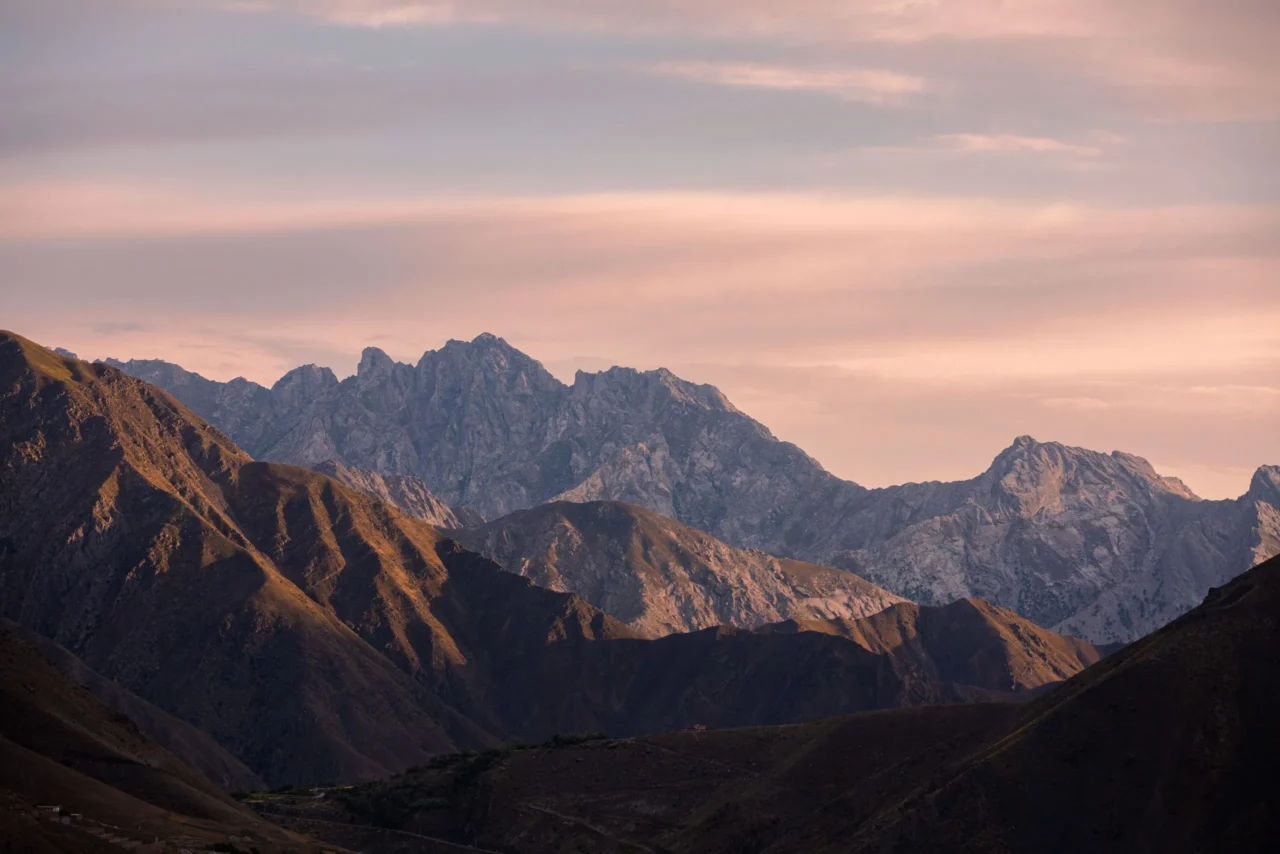Women
Women in particular are fearful of their lives and their futures, having had a very different experience over the last twenty years than they had previously under the Taliban. The past two decades has seen women participating in education, work (in 2019 23% of women were active in the labour force), and able to leave their homes without wearing a Burqua, these basic rights are now seen as being under threat, despite Taliban rhetoric to the contrary.
“As of 2019, over 9 million children were enrolled in schools, 39% of them girls. The last decade or so has seen the first cohorts of female medical students in modern-day Afghanistan graduate, the establishment of an Afghan all-girls robotics team, and more women enrolling at universities. With more women and girls in enrolled in schools, literacy rates have soared”.
News reports confirm that women have already melted away, not just from public life (female politicians and civil activists), but also women who play sport. The Royal Australian Air Force evacuated 77 Afghan athletes including the women’s football team, and two Paralympians , who were airlifted to Tokyo for the Paralympics; However the reality is many others have been left behind, and doubtful they can continue to participate in sport.
The LGBTQ+ Community
Life has always been difficult for LGBTQ+ people in Afghanistan even at home, because social norms, religion, and culture require hiding their true selves. It is impossible to estimate the number, but many LGBTQ+ people fear that the little personal freedom they experienced in the last twenty years has gone and unlikely to return.
People from religious minorities such as the Hazara’s (Shia Muslims, currently 15% of the population), who have experienced persecution previously fear for their lives and their ability to practice their religion. The already small number of Hindus and Sikhs in the country are also living in fear of what is to come.
Becoming a refugee
People who have left Afghanistan are now scattered around the world and facing the daunting prospects of rebuilding their lives in environments and cultures that are alien to them. Rough estimates of the numbers evacuated are in the region of 165,00 people, with the largest number going to the US ( 122,000) and some 15,000 to the UK.
The process of resettlement will be a long and difficult process for many, initially focussing on finding homes, learning a language and integrating into their new environments. And at some point, once their settlement status has been confirmed, people may start to seek work.
What can employers do?
Employers open to recruiting newly arrived people will have a number of practical challenges to address, including establishing skills levels, and confirming qualifications. Refugees include highly skilled professionals, but people fleeing in a crisis may not necessarily have the paperwork to back up their work status. Employers will have to take a more creative approach, for example:
- Setting practical skill tests.
- Offering alternative access pathways into jobs/careers not just based on paper qualification and traditional entry points.
- Using apprenticeships to retrain.
- Providing training to support successful completion of access.
- Supporting language development.
- Providing mentors or buddies in work to give individual support to help people acclimatise to the organisation.
The Refugee Council in the UK can assist refugees to prepare for the world of work. ‘New Roots’ is the Refugee Council specialist employment service. They work closely with employers such as the NHS and Starbucks to identify the right candidates and fully support them.
The United States resettlement program is the largest in the world. UNHCR works closely with U.S. governmental agencies and NGOs responsible for resettling refugees in the U.S
Other nations are likewise offering support including Canada, Australia, Germany, and France.
Inclusion
It is also important that organisations reinforce the principles of inclusion amongst their existing employee base. Not everyone will be welcoming of new arrivals, with some possibly feeling resentment. To support this, regular communication is key to ensuring all employees understand why the organisation is supporting any resettlement effort and refute any myths that may be bubbling up.
Diversity is a reality, Inclusion is a choice.



